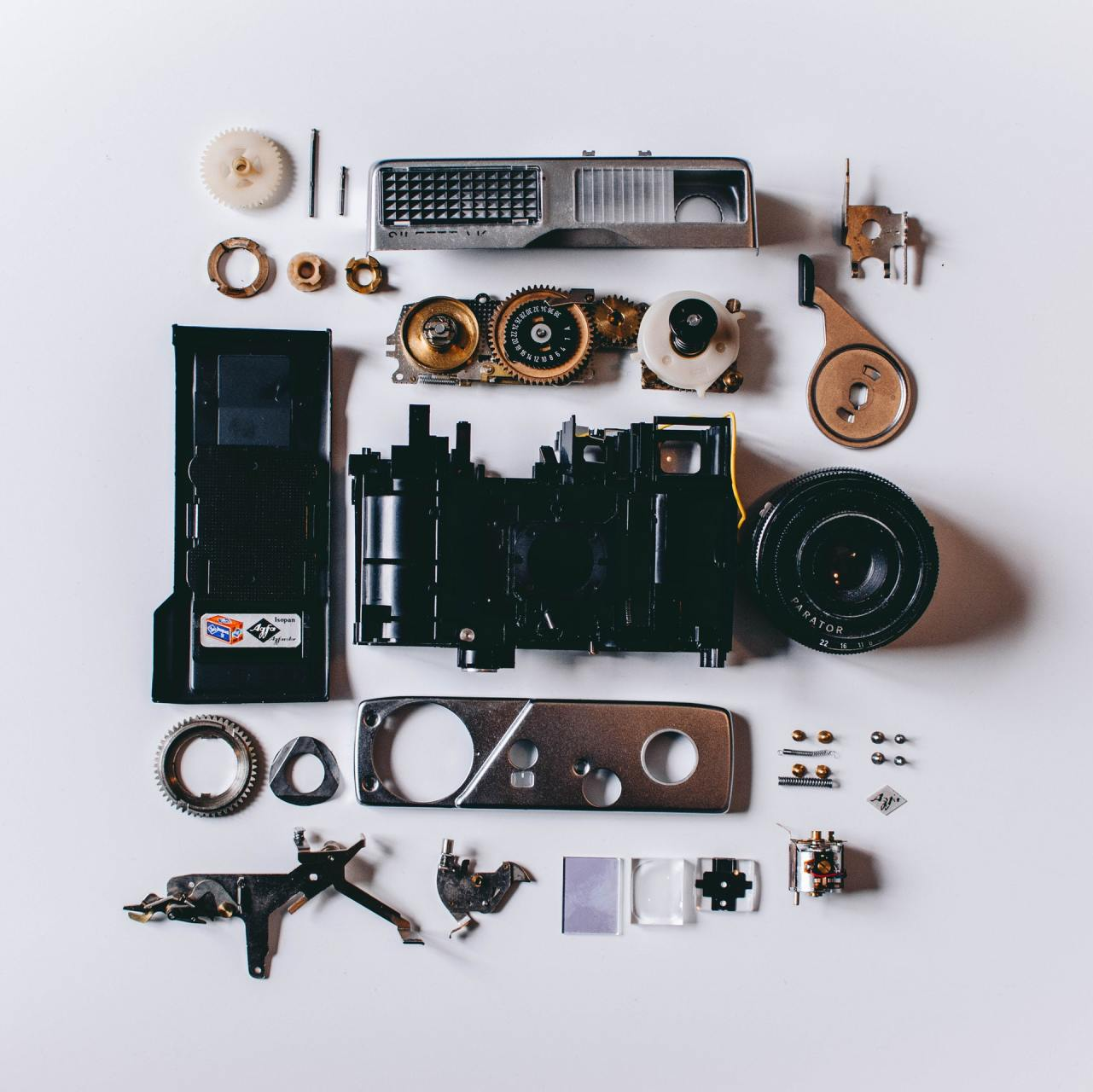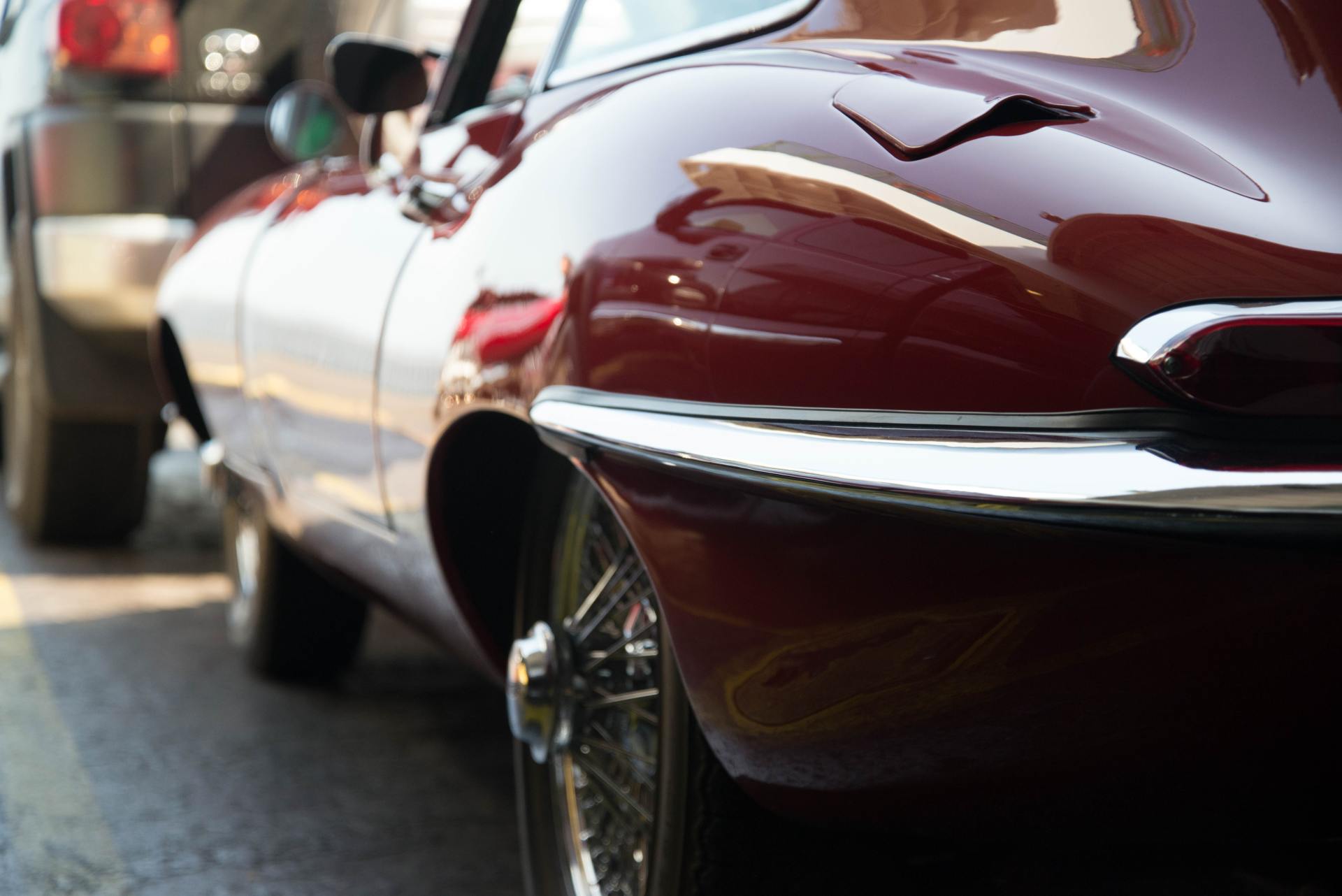Spare Parts & the difference between Genuine, OEM and Aftermarket
- by Jagland UK
- •
- 19 Feb, 2019
- •

So your car needs some work done and that means looking at some new parts. These days however it can be quite confusing whether you will need your garage to get genuine (OE), OEM or even aftermarket parts.
No one wants to pay a higher cost if it’s not required and you don’t want parts that won’t last or are a lower quality. This is all before you even think about warranties and the confusion that then arises from what seems to be an industry filled with jargon and almost too much information.
Genuine Parts
Genuine Parts are also known as OE (Original Equipment) and they are the same parts your car was fitted with when it was made. The parts will more than likely come in a branded box to your garage. This is the most common option on newer cars still under the warranty. This due to the reassurance of the quality and have a manufacturer’s guarantee.
This is also however, why these parts are considered to be the most expensive.

OEM Parts
OEM parts stand for Original Equipment Manufacturer. These are parts made by the original manufacturing company that may have provided the car maker with parts for the build. These parts are normally identical to the above genuine parts but instead these are sold by the original manufacturer instead of being branded by the car companies to be resold.
The quality of these parts is identical to the OE parts meaning you may be able to use these and not have to worry about voiding any warranty on your vehicle. These parts are also usually cheaper than the branded options.

Aftermarket Parts
Confusion is common with aftermarket parts due to vast variety in quality and price. Aftermarket parts in many instances may outperform OE and OEM variants due to the manufacturing companies analysing faults and improving the designs over the stock versions. This can be due to higher quality materials or a revised design.
On the other hand, aftermarket also relates to cheaper sub quality parts designed to be a cheap alternative to the stock options. Garages may have to adpart parts to fit your model of car or they can be made from substandard materials.
As a basic check, make sure any parts have an ISO International Organisation for Standardisation stamp. This guarantees a certain standard of quality from the part. Aftermarket parts often invalidating warranties and in some cases even car insurance if your insurer is not informed.






